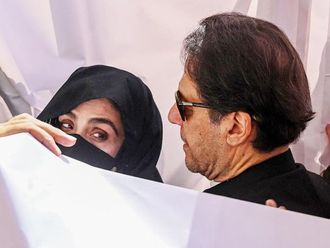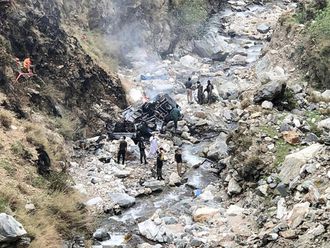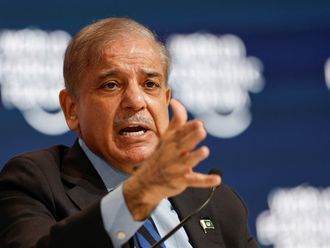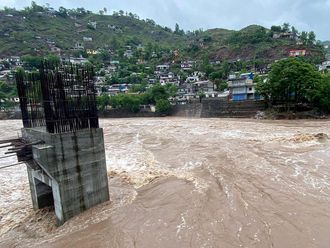Islamabad: Pakistan’s army, under the leadership of Chief of Army Staff General Qamar Javed Bajwa, has been waging a war against terrorism and extremism in the country for a number of years.
The army has also tried to play down its differences with the civilian political leadership particularly over approaches and actions against the safe havens of hardline Islamists, in central and southern Punjab.
The Pakistan Muslim League-Nawaz (PML-N) government, which drew support from Islamist factions during the last elections, remained hesitant to act and give strong powers to the Armed Forces to act against suspected Islamists.
Similarly, Pakistan Rangers in Sindh also faced opposition from Pakistan Peoples Party (PPP)-led government, which resisted action against “any suspected sponsors or facilitators of terrorism”.
However, after long delays and hesitation last year, the PML-N government gave limited powers to the Rangers in Punjab to act against suspected hideouts of Islamists.
Some officials feared that any decisive action could annoy the Islamists before next elections due in just few months now.
Ever since General Qamar Bajwa took over as the Chief of Army Staff, he has tried to avoid any misunderstanding with the government and at least once withdrew a statement by its public relations department (ISPR) which was considered as “objectionable” by the PML-N government.
However, since the armed forces of Pakistan are also bound by the Constitution to protect the country from internal or external existential threats and, it has to intervene in certain situations.
Before November 25, 2017, when Interior Minister Ahsan Iqbal ordered a “police operation” against agitators, the army chief had advised the government to settle the issue peacefully without any bloodshed.
But the government miscalculated the consequences and launched an operation to clear off Faizabad, the major interchange between Rawalpindi and Islamabad.
However, the operation backfired within hours and spread over dozens of important intersections and highways in Rawalpindi, Lahore, Karachi, Sialkot, Sheikhupura, Faisalabad, and several other smaller Punjab cities and towns.
Pakistan’s military has also tried to distance itself from the internal political crisis in the country created after the Supreme Court ruling to dismiss former Prime Minister Nawaz Sharif and the charges against his two sons, daughter Maryam and his close financial adviser Finance Minister Ishaq Dar, who has now been declared absconder.
However, many close associates of Nawaz Sharif’s PML-N Government who are still in power — including Shahid Khaqan Abbasi the new prime minister — believe that behind the ouster and corruption cases against Nawaz and his family lie “hidden hands.”
Falling into a deeper trouble on November 25, 2017 the “police-led operation” the government immediately enacted the Article 245 and called the military to take control of the situation in the Federal Capital, which houses government offices and diplomatic missions.
The armed forces’ most reputed Triple One Brigade took charge and the situation came under control immediately — at least in the capital city.












